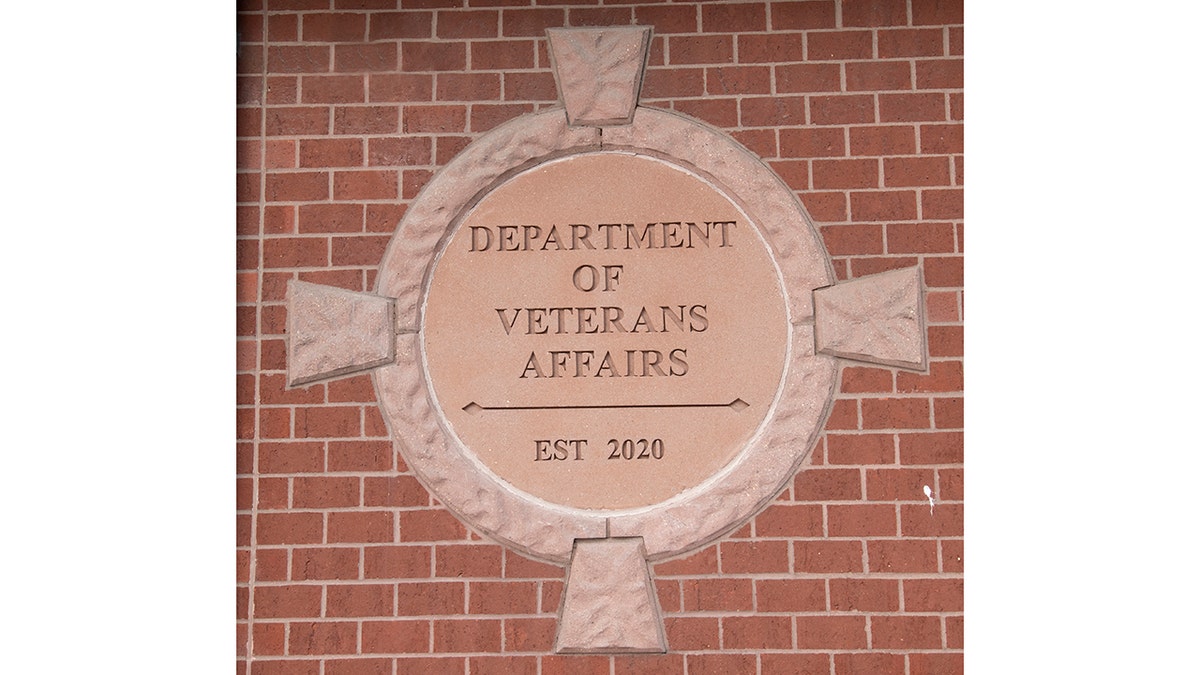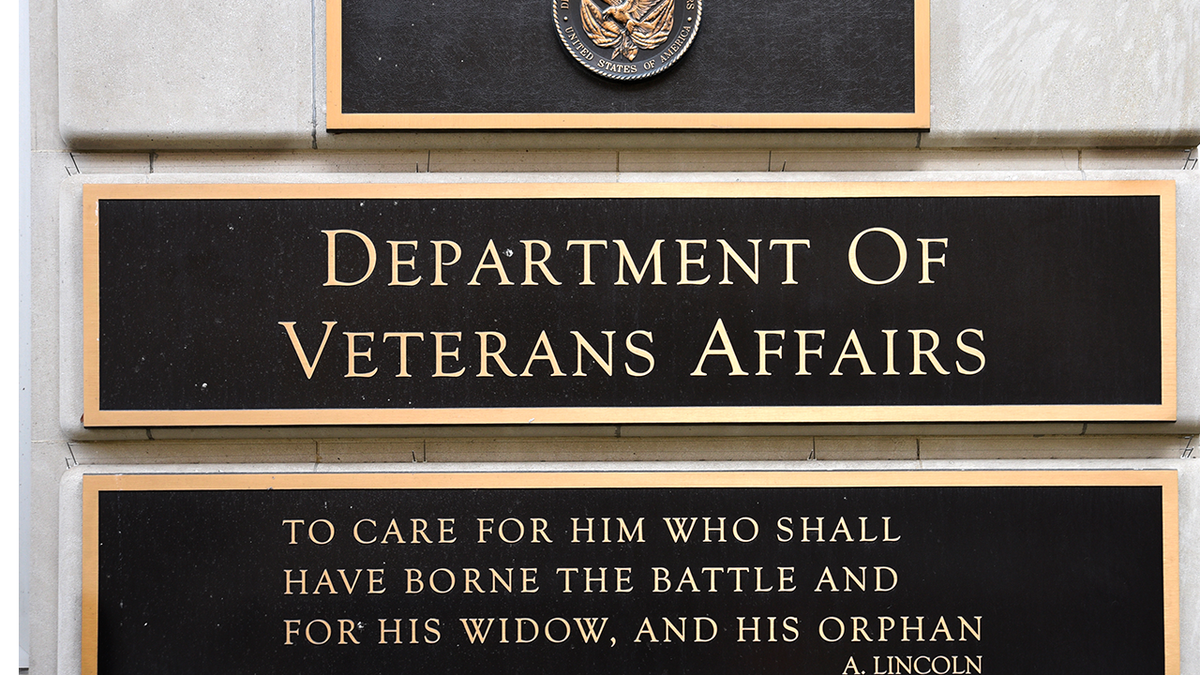Vietnam veterans honored with traveling memorial
U.S. Army Reserve Lt. Colonel James Hendon, United War Veterans Council founding President Vince McGowan and Vietnam Veterans Memorial Fund site manager Tim Tetz share a look at ‘The Wall That Heals.’
An automated Veterans Affairs system meant to help accelerate claims decisions actually helped contribute to inaccurate ratings on 27% of high blood pressure claims.
A VA Office of the Inspector General (OIG) report published last week found that more than a quarter of the 60 reviewed high blood pressure claims that were handled by the Automated Benefits Delivery System resulted in wrongful claims decisions for veterans, according to a report from Military.com.
The system was introduced in December 2021, ahead of what the VA believed was going to be a "flood" of disability applications as a result of the PACT Act, with Vietnam-era veterans filing high blood pressure claims under the act after their exposure to Agent Orange, an exposure linked to hypertension.
'WE'RE HUMAN': DELTA FORCE VETERAN REFLECTS ON BATTLE OF MOGADISHU 30 YEARS LATER

The Tibor Rubin Veteran Affairs Medical Center in Long Beach, California. (Scott Varley/MediaNews Group/Torrance Daily Breeze via Getty Images)
The automated system was designed to pull blood pressure readings and other high blood pressure data from VA treatment recons and create a summary that is reviewed by VA staff, who make the final decision on the claim. But incomplete data compiled by the system led to several incorrect decisions, the IG's office found in its review, which recommended that the VA make improvements to the technology and the quality assurance process.
"Failure to improve oversight increases the risk that eligible veterans will not receive the benefits to which they are entitled, and [the Veterans Benefits Administration] will invest additional funds in a process and technology that do not deliver the intended outcomes," Larry Reinkemeyer, the VA assistant inspector general for audits and evaluation, wrote in the report.
Christopher Alexander, chief analytics officer of Pioneer Development Group, told Fox News Digital that the errors show the dangers of humans attempting to use artificial intelligence tools "without fully understanding their capabilities."
"AI’s are no better than incredibly hard-working, but somewhat dim-witted employees. Not some Bond villain evil super-genius," Alexander said, adding that human oversight "is critical to review data entering the system and the analysis being churned out."

The Anoka, Minnesota, Department of Veterans Affairs logo is seen on the outside of the building. (Michael Siluk/UCG/Universal Images Group via Getty Images)
"Human error and poor quality control led to bad data fed into the system that the AI could not identify as faulty," he said.
Phil Siegel, founder of the Center for Advanced Preparedness and Threat Response Simulation (CAPTRS), told Fox News Digital the VA "should clean up the data collection and data entry systems here before using any automated model, AI or not."
"The data collection for this activity is clearly subpar. And the old adage ‘garbage in, garbage out’ still holds for any software system including AI models," Siegel said.
VA officials agreed with most of the recommendations in the report in an official written response, though they noted that at no time did the automated system make final claims decisions and that at the time of the inspection the new system was still being rolled out.

A metal plaque is seen on the facade of the Department of Veterans Affairs building in Washington, D.C. (Robert Alexander/Getty Images)
CLICK HERE TO GET THE FOX NEWS APP
"At the time of the review, OIG was reviewing cases in the very early stages of the verify phase. Completion of prototyping and a pilot phase had not yet been complete, and technology was still being developed and enhanced," the VA said in the response.
Reached for comment by Fox News Digital, VA Press Secretary Terrence Hayes said that the VA "has begun using automation in limited cases to help process their claims" in an effort to "ensure that Veterans get the benefits they deserve as quickly as possible."
""The claims reviewed by OIG were completed during the prototype stage of this new ability, before it was fully operational. Since then, VA has dramatically improved the automation process," Hayes said.
Some of those improvements have included creating a repeatable process that will ensure "quality and effectiveness on a small scale before expanding to nationwide deployment," Hayes said, while the VA has also installed a "dedicated quality review process" that will utilize independent reviewers. Hayes also noted that the VA has worked with tech industry leaders to gain insight intro improving the process and created a new dashboard to more closely follow trends.
""On average, Veterans receive an initial decision approximately 20 days faster with automation," Hayes said, adding that the VA "will continue modernizing and expanding its business processes and technology, as well as continue improving communications with Veterans, family members, caregivers, and survivors."










































